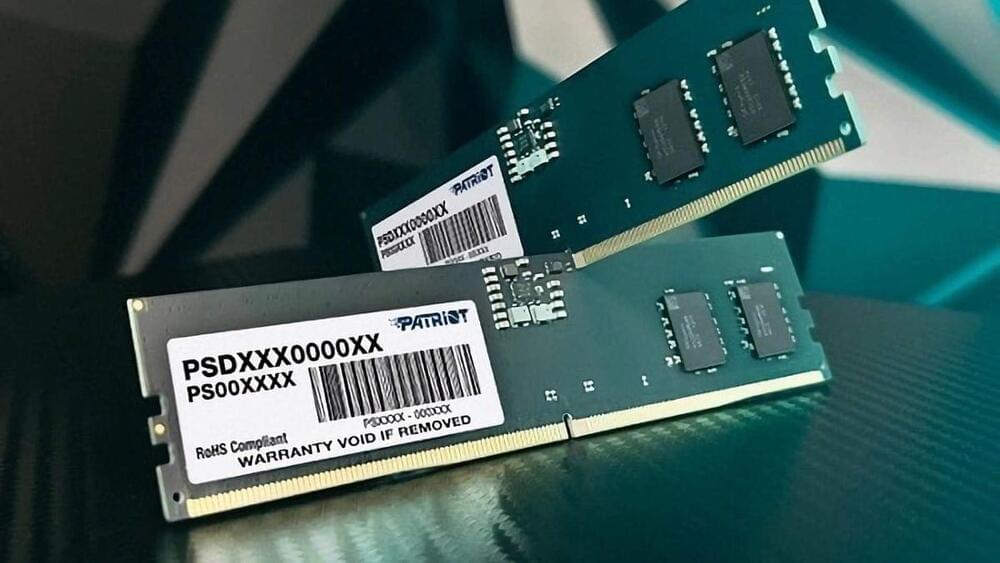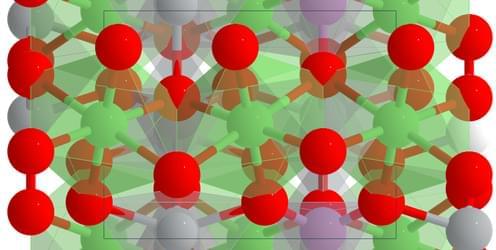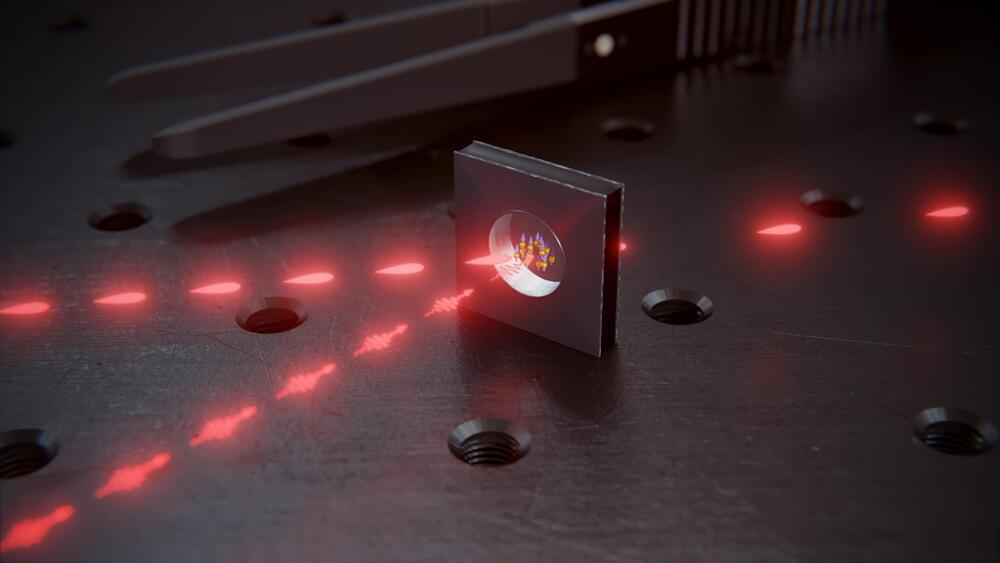Jan 18, 2024
Researchers find evidence of long-lived valley states in bilayer graphene quantum dots
Posted by Genevieve Klien in categories: computing, engineering, quantum physics
In quantum computing, the question as to what physical system and which degrees of freedom within that system may be used to encode quantum bits of information—qubits, in short—is at the heart of many research projects carried out in physics and engineering laboratories.
Superconducting qubits, spin qubits, and qubits encoded in the motion of trapped ions are already widely recognized as prime candidates for future practical applications of quantum computers; other systems need to be better understood and thus offer a stimulating ground for fundamental investigation.
Rebekka Garreis, Chuyao Tong, Wister Huang, and their colleagues in the group of Professors Klaus Ensslin and Thomas Ihn from the Department of Physics at ETH Zurich have been looking into bilayer graphene (BLG) quantum dots, known as a potential platform for spin qubits, to find out if another degree of freedom of BLG can be used to encode quantum information.







 In the vast realm of scientific discovery and technological advancement, there exists a hidden frontier that holds the key to unlocking the mysteries of the universe. This frontier is Pico Technology, a domain of measurement and manipulation at the atomic and subatomic levels. The rise of Pico Technology represents a seismic shift in our understanding of precision measurement and its applications across diverse fields, from biology to quantum computing. Pico Technology, at the intersection of precision measurement and quantum effects, represents the forefront of scientific and technological progress, unveiling the remarkable capabilities of working at the picoscale, offering unprecedented precision and reactivity that are reshaping fields ranging from medicine to green energy.
In the vast realm of scientific discovery and technological advancement, there exists a hidden frontier that holds the key to unlocking the mysteries of the universe. This frontier is Pico Technology, a domain of measurement and manipulation at the atomic and subatomic levels. The rise of Pico Technology represents a seismic shift in our understanding of precision measurement and its applications across diverse fields, from biology to quantum computing. Pico Technology, at the intersection of precision measurement and quantum effects, represents the forefront of scientific and technological progress, unveiling the remarkable capabilities of working at the picoscale, offering unprecedented precision and reactivity that are reshaping fields ranging from medicine to green energy.








